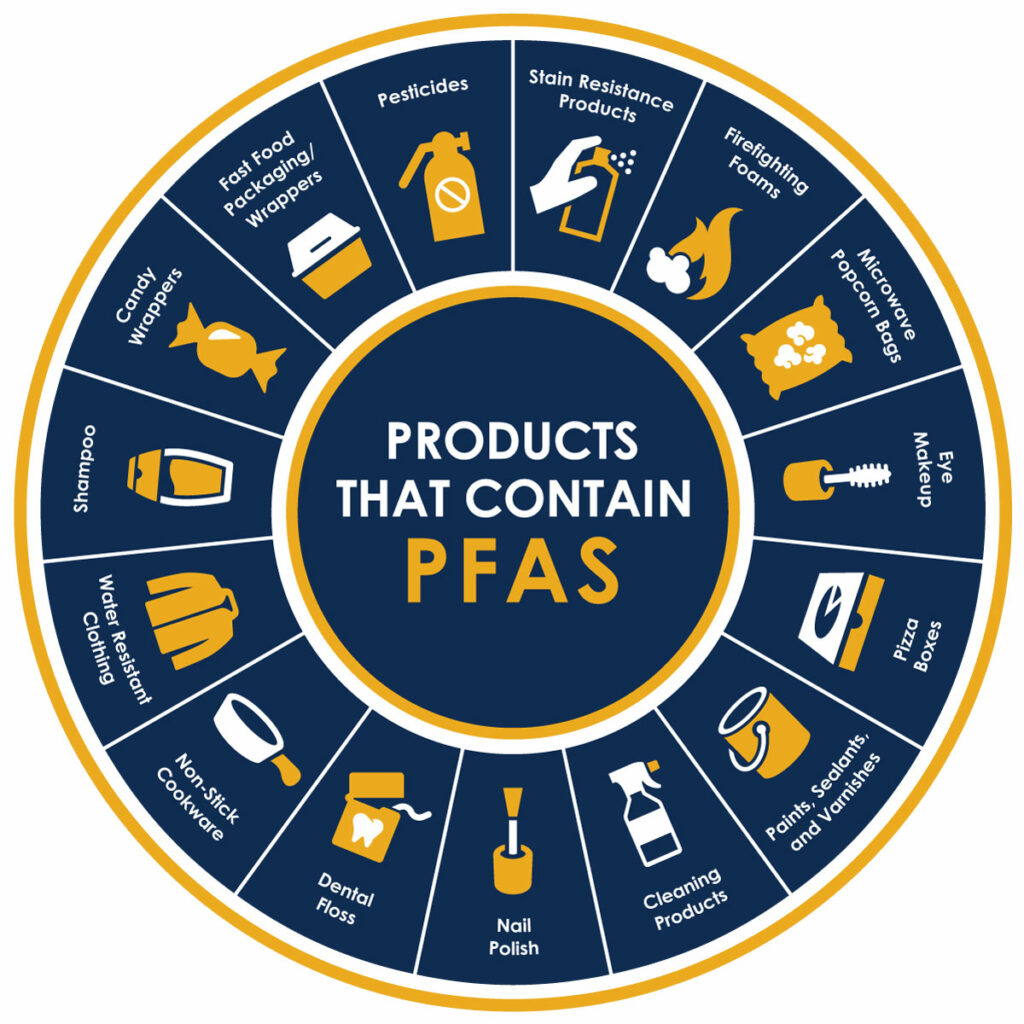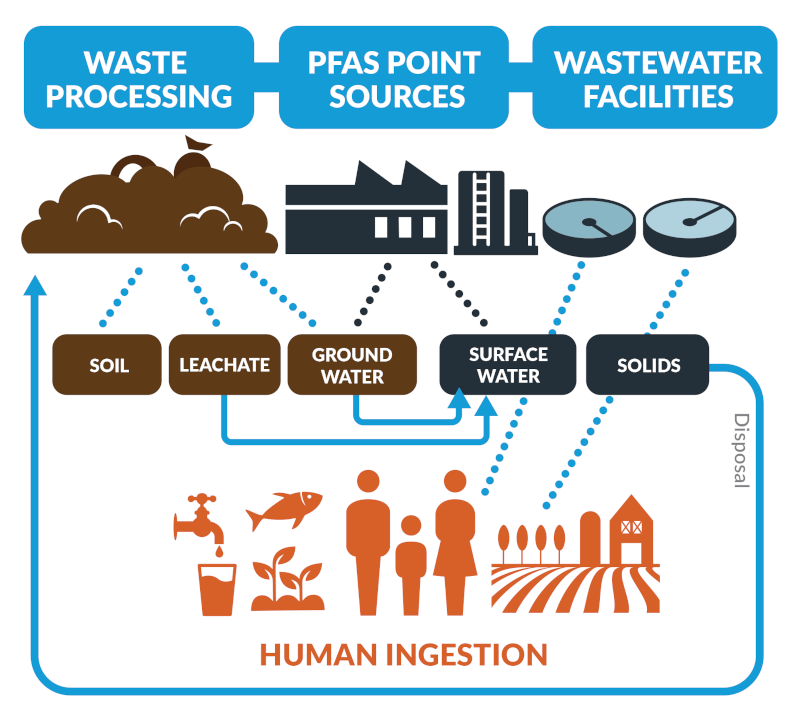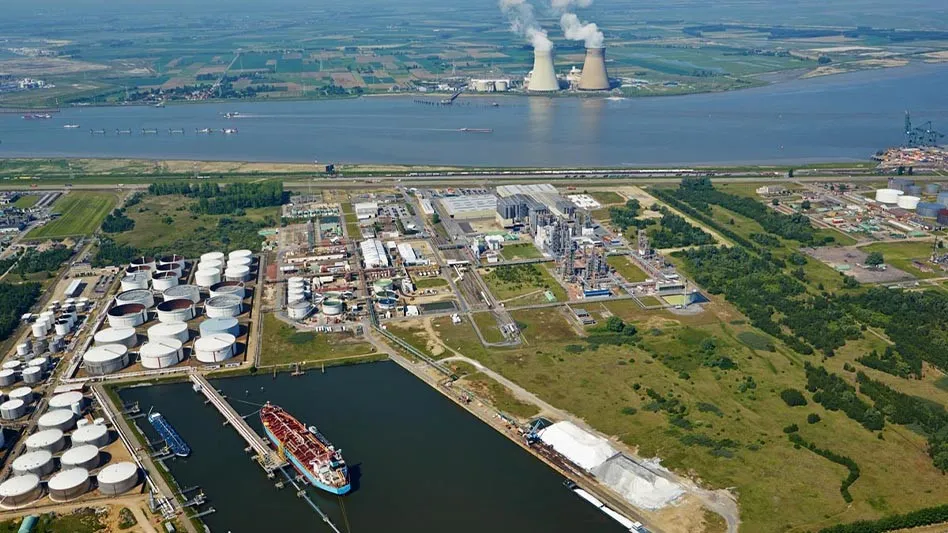May 14, 2024 / Europe, Environmental, Farming, Innovation, News, Research
University researchers and a village in Belgium are testing the potential of hemp growing for remediation of soil contaminated with per- and polyfluoroalkyl substances (PFAS) – “forever chemicals” that have long been used in a wide range of industrial and consumer products.
The initiative aims to clean up a location in the port village of Lillo, a part of Antwerp which has been contaminated by PFAS from firefighting foam. The village plans to eventually build a new fire station on the site.
“The (hemp) plant is not only good for our circular economy but also has the potential to extract PFAS from contaminated soils. Therefore, research in this area deserves our full support,” said Antwerp’s mayor and head of emergency services, Bart De Wever.
If successful, the cleanup method could be deployed nationwide across Belgium, according to Antwerp officials and researchers from the University of Ghent working on the joint initiative. Results are expected by autumn.
What are PFAS?
Because they do not break down in nature, PFAS have drawn scrutiny by environmental and health agencies. The toxic substances, found in water, air, fish and soil in many parts of the world, have been used since the 1950s to make a wide variety of consumer products including “Teflon” nonstick pans, fast food wrappers, water-resistant clothing and carpeting, and in personal care products such as waterproof mascaras and eyeliners, sunscreen, shampoo and shaving cream.

In addition to firefighting foam, the primary industrial use of the chemicals has been for lubricants.
An alternative cleanup method to digging up and incinerating polluted soil, planting hemp appears to extract significant amounts of PFAS from the ground, storing the pollutants in the plant leaves. Under the process, those parts of the plant that absorb PFAS are destroyed, while the rest of the plant can be used.
Second project in Belgium
The cleanup initiative in Lillo is the second such project in Belgium, where industrial giant 3M said two years ago that it was successful in growing hemp to remove PFAS from topsoil and purify polluted groundwater at an industrial site in Antwerp. 3M became embroiled in a political scandal in Belgium in 2022 when studies for a tunnel project revealed the company had released high levels of toxins in the water, soil and in human subjects near its factory. Analysts have said 3M’s liabilities and remediation expenses tied to PFAS could amount to as much as $30 billion.
In the U.S., the Environmental Protection Agency (EPA) is expected to classify certain PFAS chemicals as “hazardous substances” this year. EPA has said it plans to require companies to report releases of PFAS, and is seeking more power to pursue polluters as it analyzes sites and recovers remediation costs.
How PFAS reach humans

